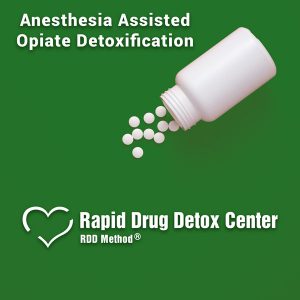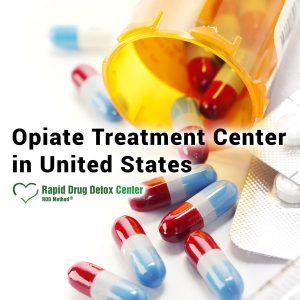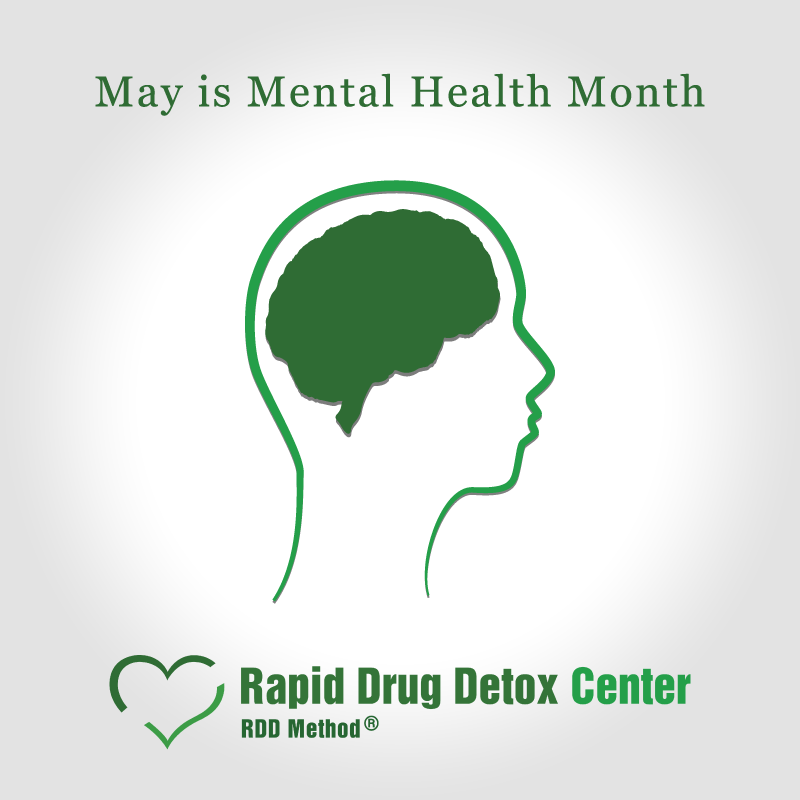The Facts – Suboxone Withdrawal Remedy
 The Facts Regarding the Suboxone Withdrawal Remedy
The Facts Regarding the Suboxone Withdrawal Remedy
Generic Names: Buprenorphine and Naloxone
Brand Names: Bunavail, Suboxone and Zubsolv
Suboxone is often used to manage and treat opioid addiction and dependence. Yet, Suboxone is habit forming even at regular doses, may slow or stop your breathing and can cause overdose and death. Suboxone is especially deadly when combined with other drugs. This controversial method of using a narcotic to treat narcotic addiction is the latest craze for desperate people and families trying to kick the habit. People are looking for a treatment to permanently end their opiate and narcotic addiction and cling to the hope that Suboxone will be the answer.
At Rapid Drug Detox Center, we have heard too many reports from our patients who had tried Suboxone that they just traded one addiction for another addiction. When suddenly stopping Suboxone, they faced even more difficult withdrawal symptoms than their original drug of choice. Many were frustrated and had lost hope that they could return to a normal life.
The good news is Rapid Drug Detox Center successfully treats many who are addicted to narcotics including those dependent on Suboxone using methods including the RDD Method™. Contact us at 1-866-399-2967 to learn how we can help you start on the road to recovery.






